Business Activity | @hacienda4dcoffee | We will know a little about the post-harvest management of the farm.
To speak of a high quality coffee, which can qualify as specialty coffee, is to speak of a long path that must be traveled from the germination of a coffee seed, to later become a productive plant, until it becomes a cherry and then in a bean that after many processes will be called green or threshed coffee, all the above without mentioning the subsequent processes where value is added and its organoleptic qualities are enhanced, such as roasting or preparation in some extraction method.
Every year on the farm we have the most longed-for season and it is the harvest season, which is a season of hard work, where every day for approximately one or two months the entire coffee family that works at Hacienda 4D coffee, spends a lot of energy in each process stage to achieve very high quality coffees. A team of approximately 15 people work approximately 14 hours a day, depending on the abundance or not of the harvest, this in order to maintain the quality standards in each process and achieve the conclusion of the harvest and post-harvest stage in the exact time, otherwise, economic losses and problems would begin on the farm.
However, it is not only manual or mechanical work at this stage, a high percentage of success is influenced by the knowledge of post-harvest processes, such as special fermentations that enhance the flavors of our grains or controls in the drying or dehydration of the drupes and we want to talk about that in this publication so that you can understand the traceability of our products.
One season a year to experiment
The coffee growing cycle takes approximately 1 year, from flowering to the ripening of the fruits or drupes, which will start the harvest season. When we talk about harvest and quality we speak that it exists according to the dedication and resources of the producer, harvests that will generate a deficient raw material, one of commercial quality and one of excellent quality, which can be transformed if the tasters so determine it into a specialty coffee.
For example, a poor harvest that will generate a low quality coffee is one where there is no previous selection. Everything on the branch is harvested from the plants, from green, ripe and overripe or dried cherries. Then these cherries are placed to dehydrate in a cement patio, some even on the ground, and as the sun shines on them over the days it will be able to bring their humidity from approximately 60% to 12%. Depending on weather conditions, this period can be 60 days. This is the traditional way of processing, so it was done by our past antecedents and there are areas in the country where it continues to be done in this way. In this way, coffee is given the name of natural process coffee, it is important to note that it would be a natural coffee with a bad process, since there are those who select the cherries and dry them on safer platforms and very good natural coffees are obtained.
The other way that generates a raw material of commercial quality is done like the previous way but with a minimal selection of the cherries according to the state of maturity and that can be placed to dry like this, or a pulping process is also applied, which It consists of removing the peel of the cherry and then fermenting and being able to wash the seeds. This process is known as washing and a fermentation must be carried out only to be able to wash the mucilage, this will not influence the final flavor of the seeds. There is an intermediate process called honey, where the grains are fermented and dried without washing, with their same pulp, which enhances the fruit acidity and other interesting notes.
It is important to note that there are many ways to ruin the flavors and quality of the raw material, such as over fermentation, storage of the beans with high humidity, poor calibration of the pulping equipment, among others.
In our case, we are working with a new technology and that is to apply controlled fermentations to enhance pleasant flavors to the coffee beans. We can do this in the natural, washed or honey method. This year at harvest we carry out a little of each process but with different varietals, honeys, natural and even washed. To some we apply alcoholic fermentations with different substrates, some submerged and others solid. Always making selection before starting each step of the process. I know that many looked at the photo where there is a mountain of coffee cherries with various stages of maturity. It turns out that this year it should have been collected this way due to the intense rains, but once in the profit center, those with the same conditions were selected by previously carrying out a measurement of Brix degrees.
Once the typical varietals have been selected for example on one side, red bourbon on the other, yellow bourbon on the other, the process to be applied and the procedures to be followed for each case are defined according to the brix degrees. There are fermentations that last up to a week, greatly enhancing the sweet and fruity flavors. We would like to be able to explain here how pleasant the aromas that emerge once the process is finished. After the fermentation processes, where each farm gives it its personalized touch, we have to talk about the process that continues, the so-called process of drying or dehydration of cherries. This is very delicate, since if something goes wrong we will ruin the previous work.
I know many will wonder what is the difference in flavors and aromas between a commercial coffee and one of these high quality with this type of process, it turns out that in addition to the varietal, the height of cultivation, terroir and other aspects, with these processes we can get away from the basic flavors and aromas such as chocolate, vanilla and candy, to somewhat more exotic notes such as floral (jasmine, roses), fruit (strawberries, apricots, apples) among others.
As mentioned above, the traditional way is to place it on a concrete floor and rake many times a day so that dehydration is achieved by the sun's rays. We emulate the process applied by the African coffee cooperatives, we make a structure called the African bed, which has a mesh at the bottom that allows proper ventilation and faster and more homogeneous drying. This shape allows a little control over the process and reduces problems that would cause cup defects.
In this controlled dehydration process we bring the cherries from a humidity of approximately 60% to 11.5 or 12% and then we must be very careful when storing the seeds. It must have a dry space, without the influence of foreign aromas, free of pests. We place the grains in special plastic bags and then inside a sisal bag where they will be stored until they are threshed and then to the toaster machine.
As you can see, it is an arduous work that must be done on the farm in order to achieve excellent quality coffee, the most interesting thing is that you can only do the practices once a year in harvest season. If something does not go as expected, we must correct and wait 11-12 months to be able to repeat the test and observe the result. But, if things go as expected, the result is very gratifying, because the aromas and flavors become very exotic, something that is out of the ordinary and that all our customers love. Every year we observe, according to the statistics, how more and more people prefer this type of coffee to the traditional ones, as well as how the number of specialty coffee shops in the cities grows, all seeking to offer a better quality product.
From @hacienda4dcoffee we hope that this publication has been to your liking and that you have been able to learn a little more about the new trends and qualities of coffee worldwide.
| Business name: | Hacienda 4D Coffee |
|---|---|
| Owner's name: | @daniellozada |
| Business address: | Barcelona, Anzoategui, Venezuela. |
| About us: | https://steemit.com/hive-153176/@hacienda4dcoffee/presentation-of-hacienda-4d-coffee-s-in-steemit-we-now-accept-payments-in-steem-and-sbd |
We take this opportunity to send a greeting to: @steemcoffeeshop @arie.steem @oscarcc89
And the friend of the house @cindycam who motivated us to participate in Steemit, thank you!.
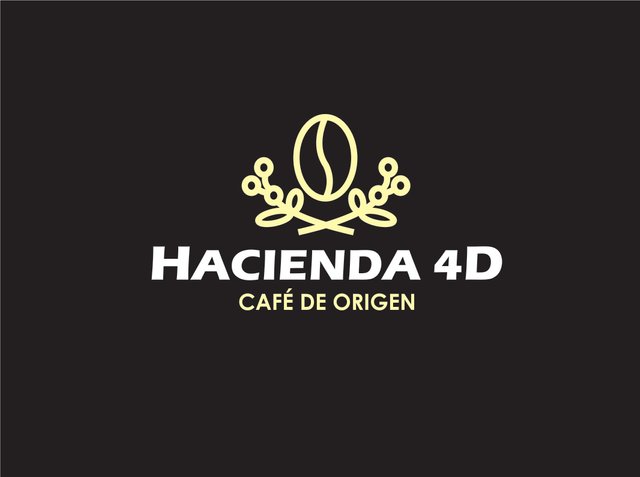
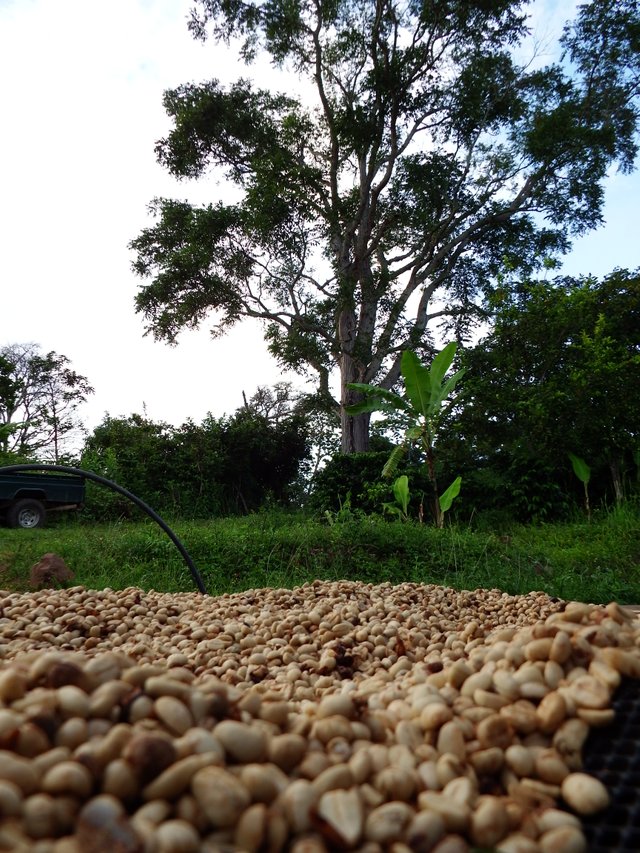
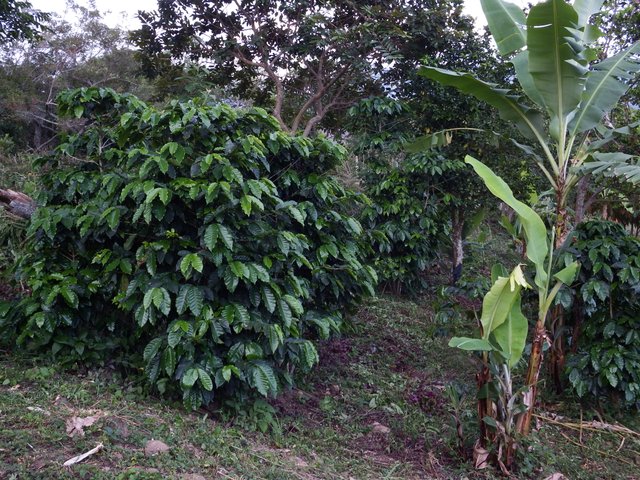
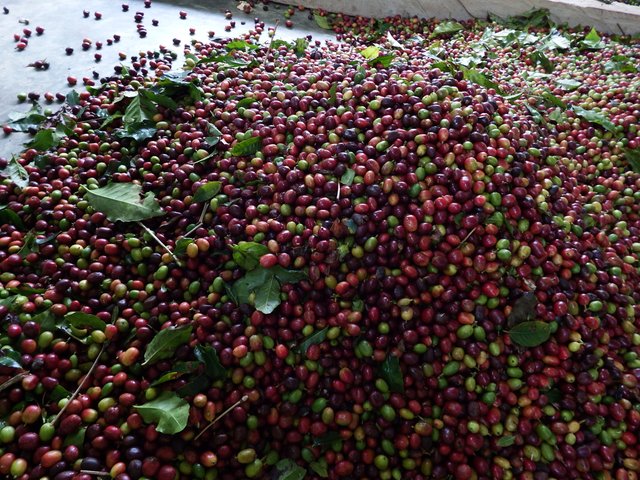
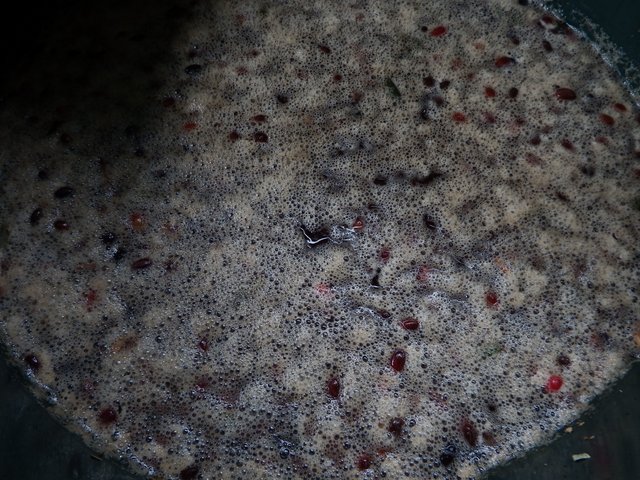
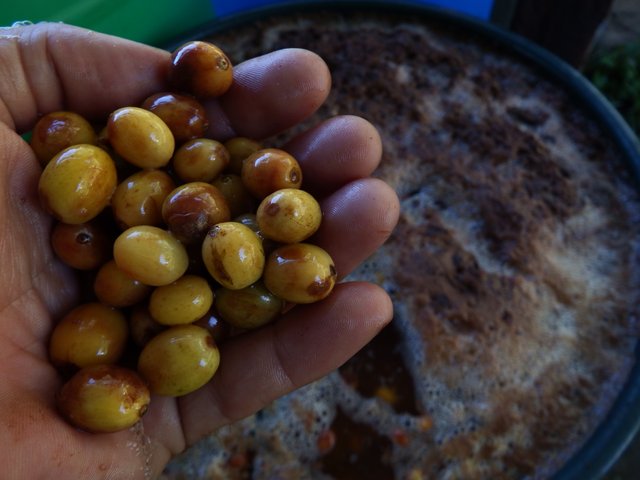
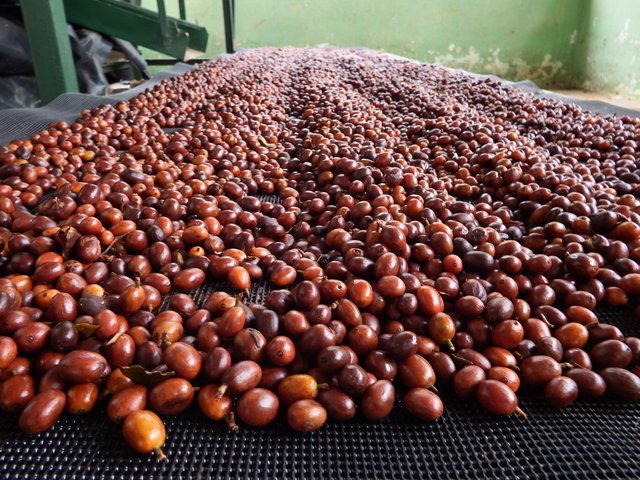
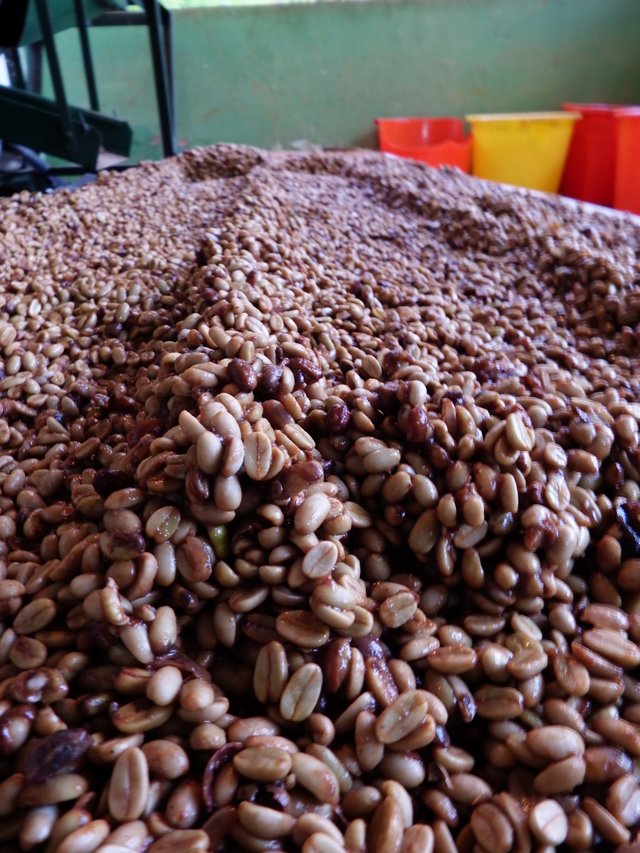
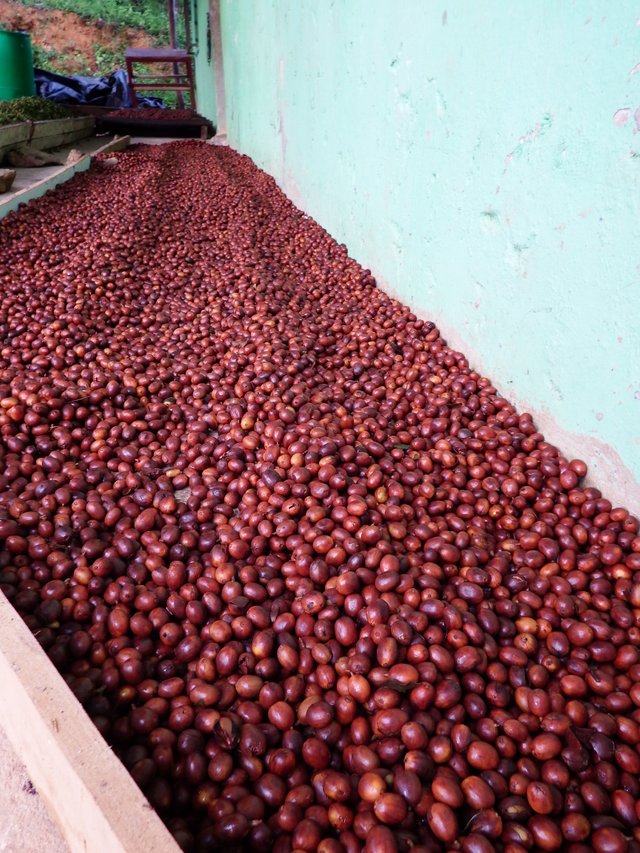
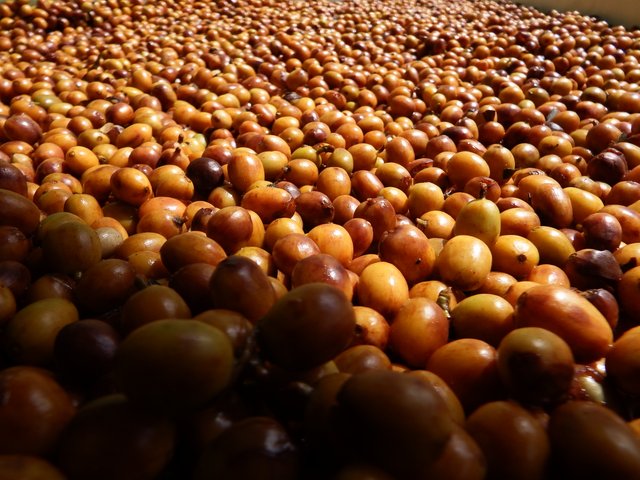
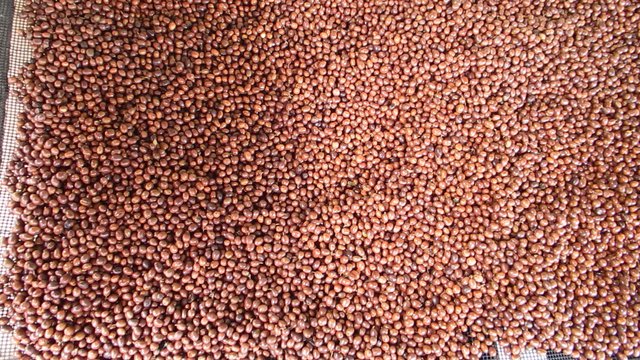
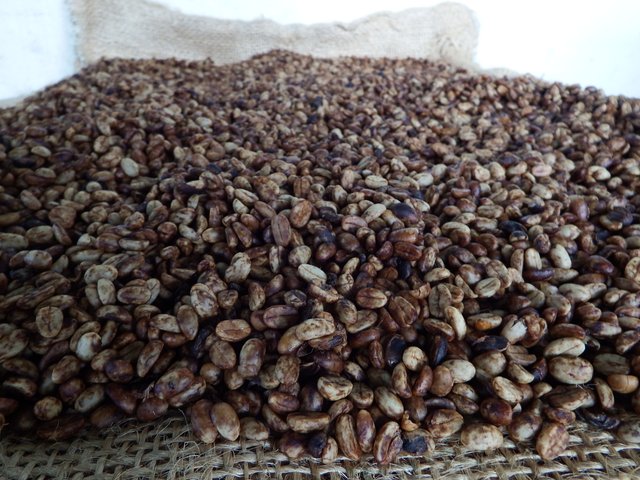
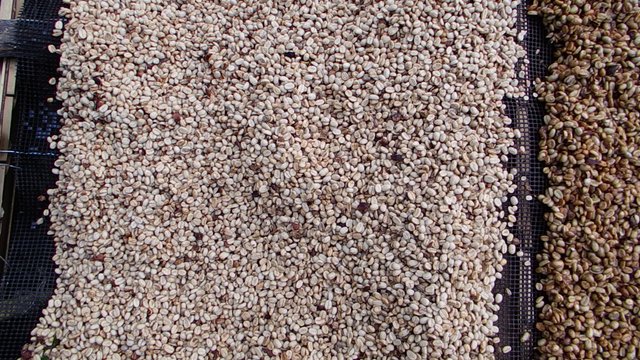
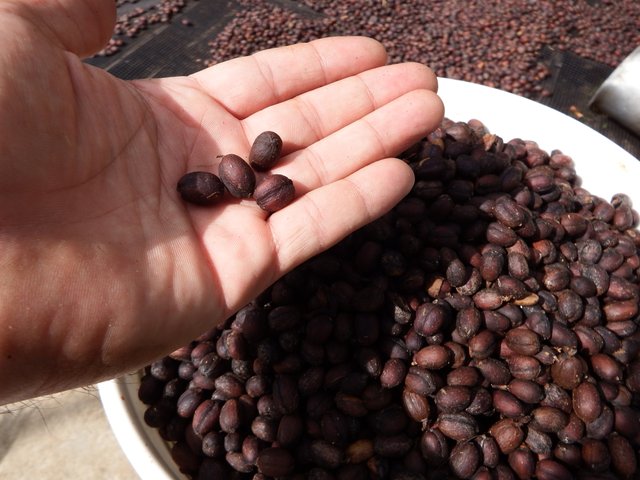
Just seeing these images is moving to the place, you feel peace in the distance and breathe the rich aroma of coffee. Between grain and selection, the work and process between a commercial coffee and one of those that shows high quality, without a doubt, floral aromas and captivated by aromas that are left to love. Excellent content, images as clear and natural as coffee beans. I would like to know more about controlled fermentations, the honey in this process is tempting for the palate. Thanks for the quality content and for our learning at all times.
@cindycam Thanks for reading our publication. The world of coffee is fascinating and it is very interesting to try the amount of complex aromas that can be obtained in quality coffees.
We are pleased to have such a dedicated and passionate company in the area, which translates into a passion for its customers, with the sweet taste and aroma of coffee. A lot of red bourbon variety on the other, yellow bourbon which brings coffee lovers closer to you, and becomes a chain of love for traditional coffee and of course in this current trend, special coffee. Bravo for you and for the wonderful contribution.
Your business have has been featured in the latest edition of the Steem Business Directory...